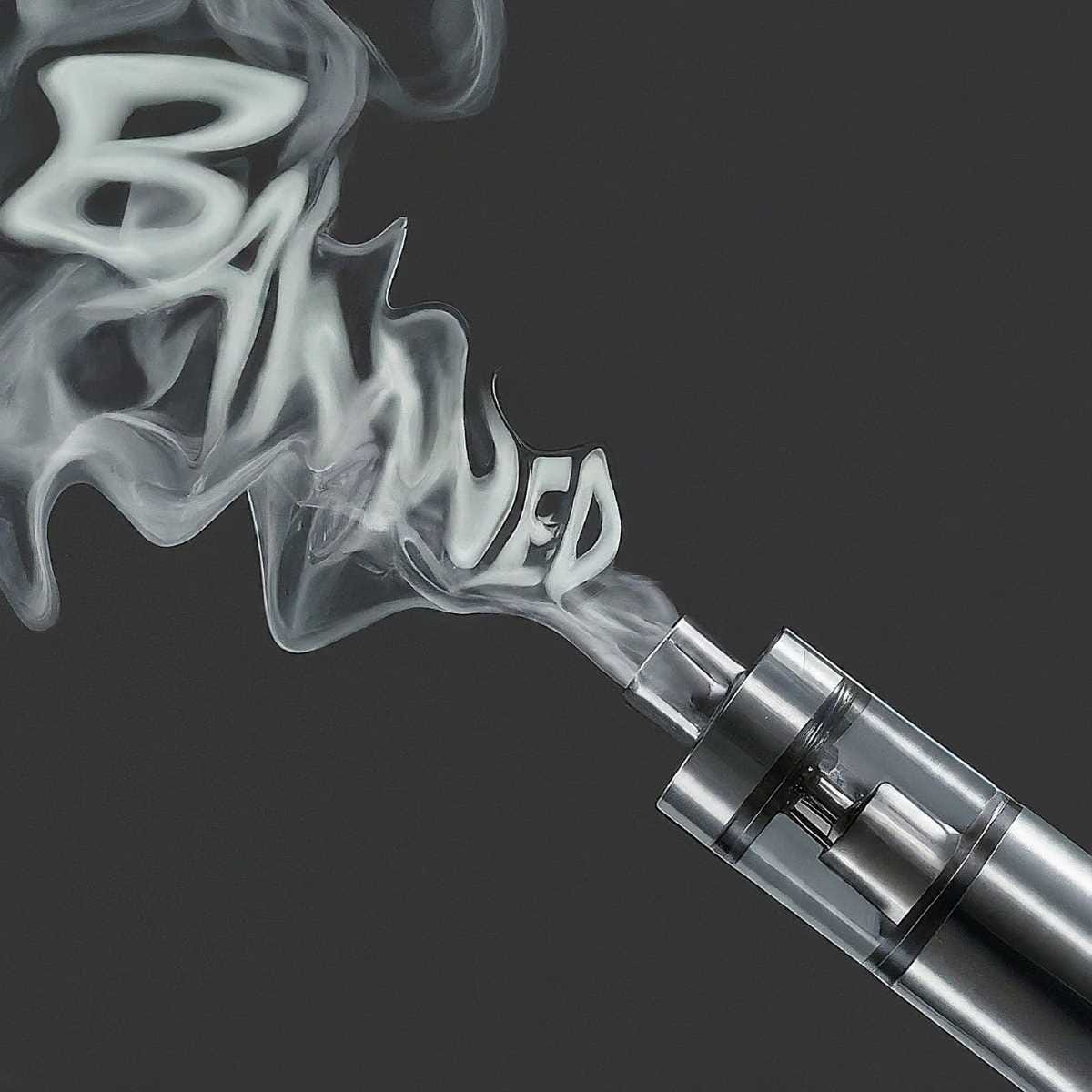Mexican Constitution Gets a Vape-Free Makeover
Mexico's Constitutional Points Commission approved a ban on vaping and fentanyl, prioritizing health over economic interests. The measure prohibits production, distribution, and sale of these substances, with strict regulations for enforcement and legal adjustments.

In a move that has sent shockwaves through the vaping community and beyond, the Constitutional Points Commission, under the stewardship of Deputy Juan Ramiro Robledo Ruiz (Morena), has pushed forward a landmark decision to ban electronic cigarettes, vapes, and the illicit use of fentanyl within the framework of the Mexican Political Constitution. This reform, which has sparked both praise and controversy, is part of a broader effort to enshrine public health as a constitutional right, even at the expense of certain personal freedoms.
But what does this really mean for the everyday citizen? And more importantly, is this a step toward a healthier society, or is it an overreach that encroaches on personal liberties and economic freedoms?




